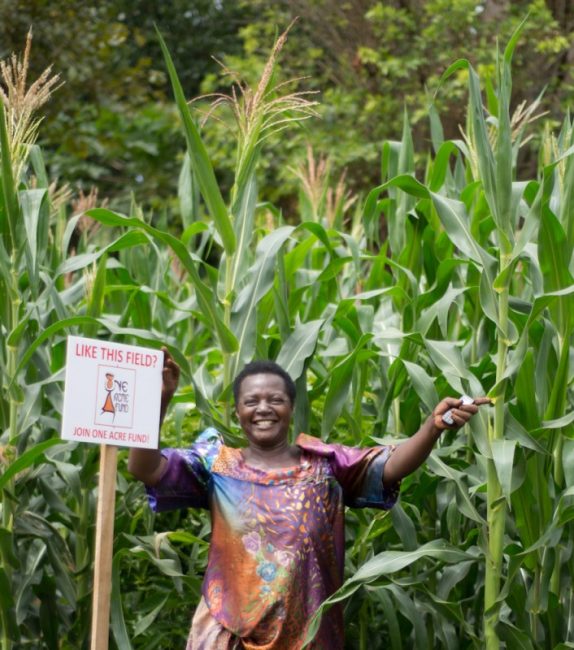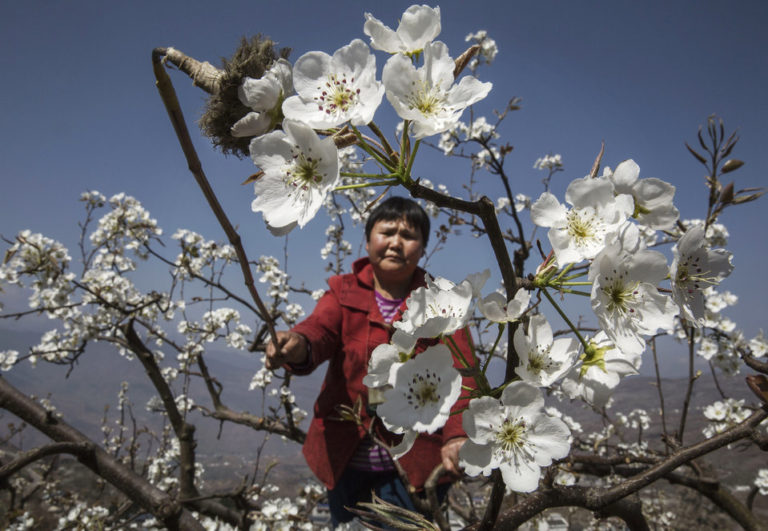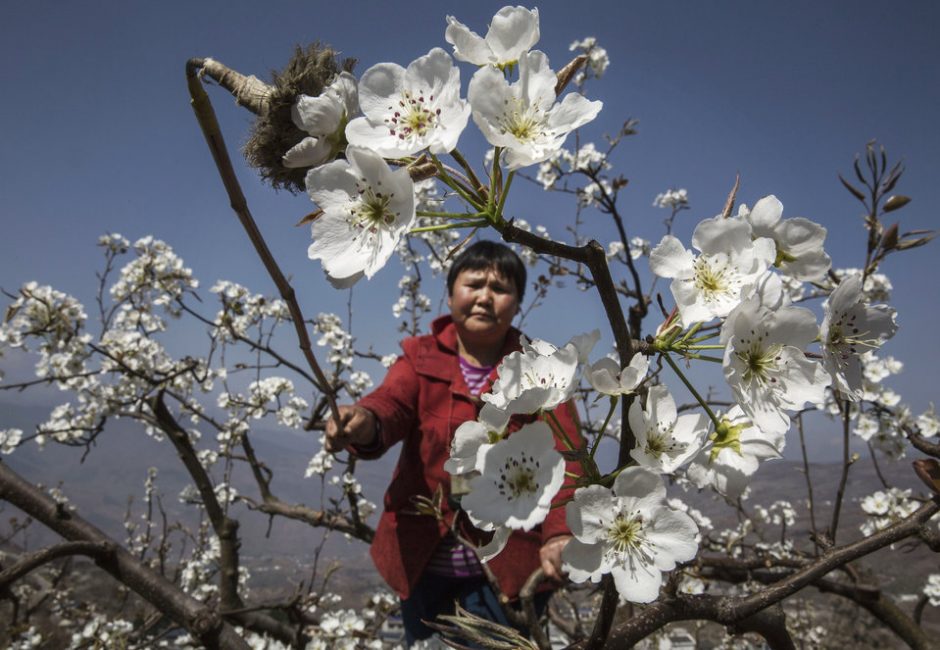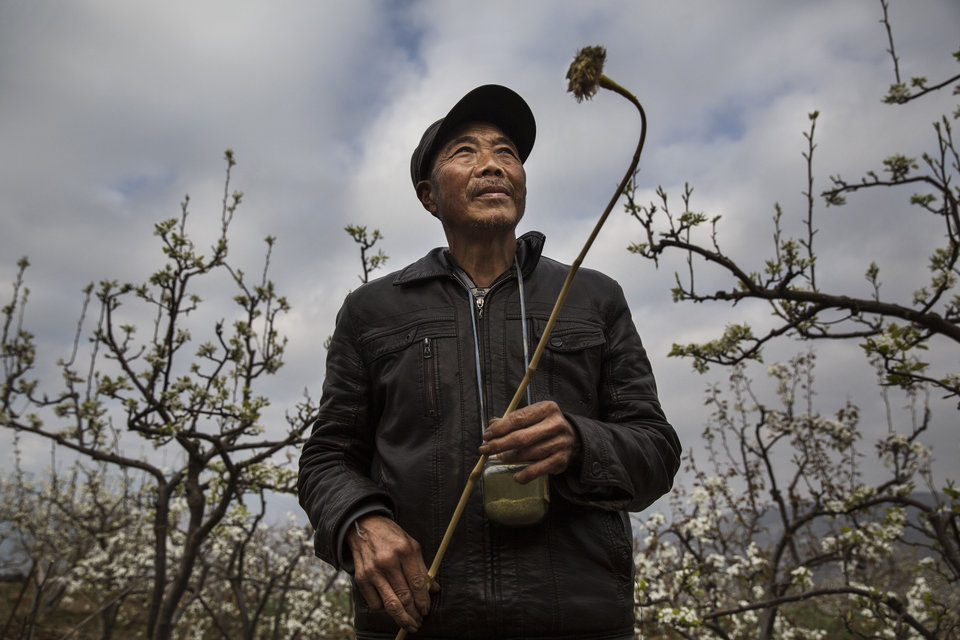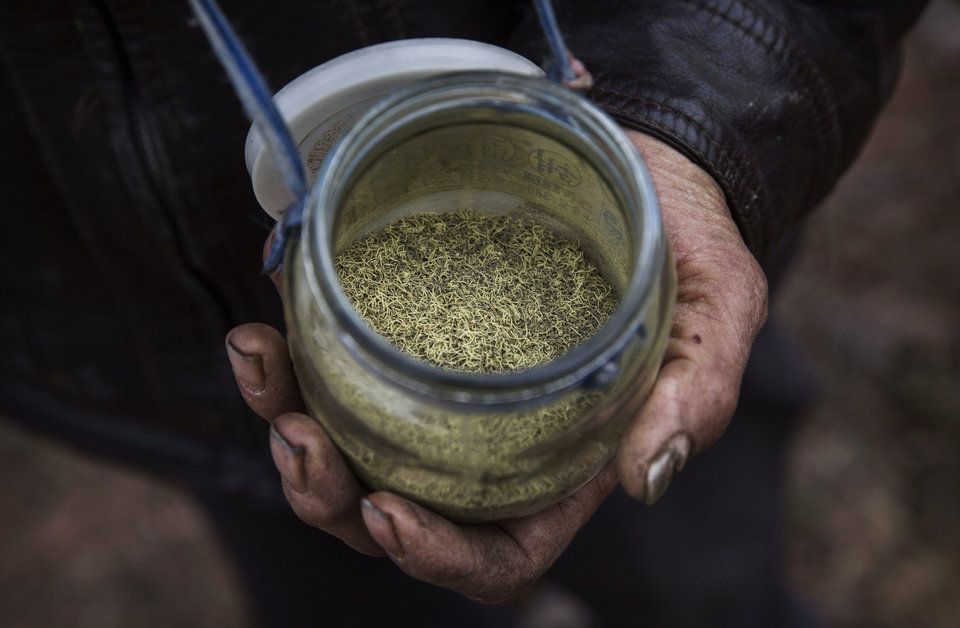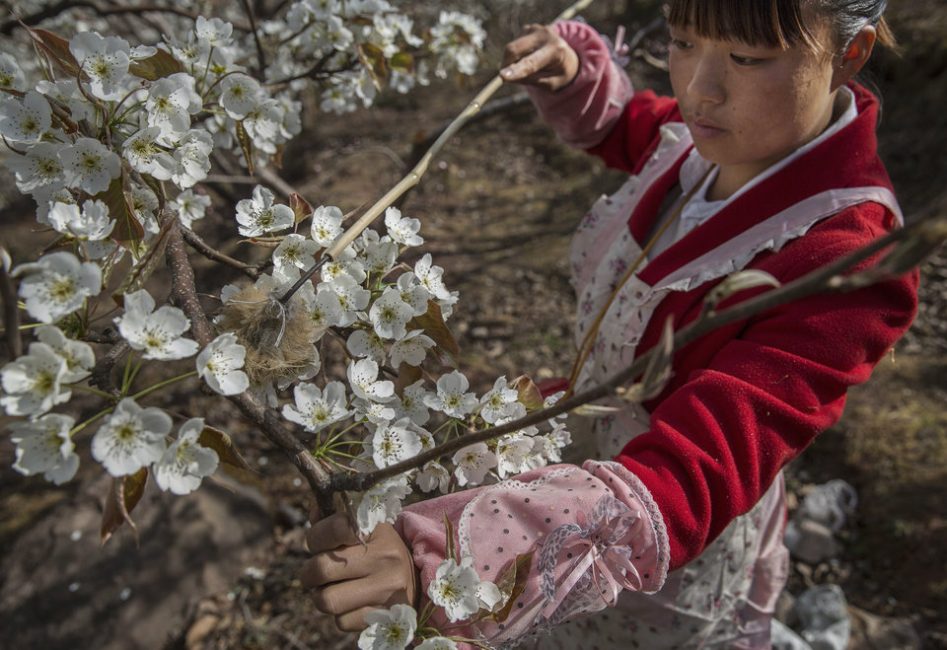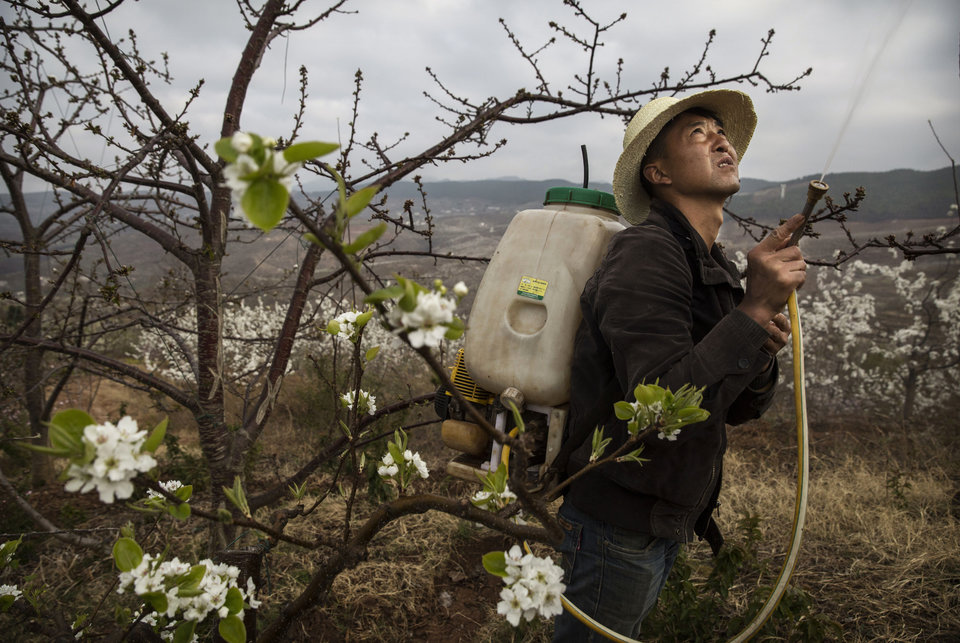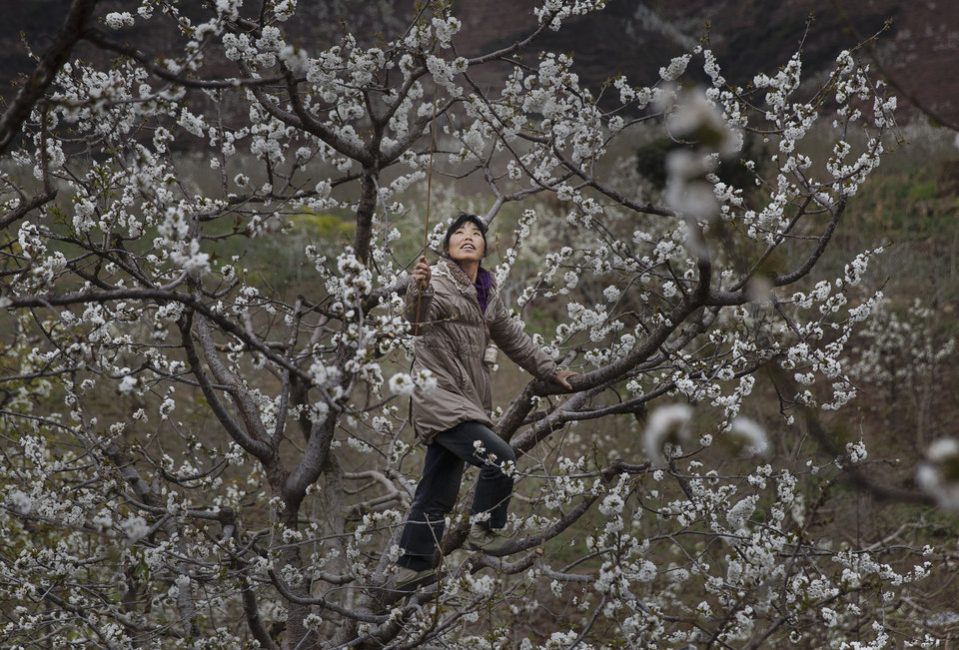The first meeting of the Subsidiary Body on Implementation (SBI 1) of the Convention on Biological Diversity (CBD) came to a close on 6 May 2016 in Montreal, Canada.

Delegates from around the world advanced attention on national action by recommending tools and approaches for implementing the Strategic Plan for Biodiversity 2011-2020 and a more effective operation of the decision-making bodies of the Convention on Biological Diversity.
The Subsidiary Body on Implementation (SBI) was established by the Conference of the Parties, at its twelfth meeting (COP 12). It replaces the Ad Hoc Open-ended Working Group on Review of Implementation of the Convention and also provides guidance on the implementation on the Cartagena Protocol on Biosafety, and the Nagoya Protocol on Access to Genetic Resources and the Fair and Equitable Sharing of Benefits Arising from their Utilisation.
Recommendations from SBI 1 will be considered by the Parties to the Convention and its Protocols at all the meetings of the Conference of the Parties and meetings of the Parties to the two Protocols scheduled to take place in Cancun, Mexico from 4 to 17 December 2016. The main issues considered at SBI 1 included:
Mainstreaming: SBI 1 recommended strategic actions on mainstreaming biodiversity within and across sectors with a particular focus on agriculture, forestry, fisheries and aquaculture, and tourism. There were also recommendations on mainstreaming measures which cut across all sectors, such as the use of economic valuation tools, and environmental assessments which evaluate potential impacts on biodiversity as well as ecosystem services.
Parties recognised the close linkages between the Strategic Plan for Biodiversity 2011-2020 and the 2030 Agenda for Sustainable Development, and urged governments to ensure that biodiversity is included in the implementation of all relevant sustainable development goals. There were also provisions on the role of business and of subnational and local governments for the achievement of the Strategic Plan for Biodiversity 2011-2020, as well as the role of gender.
Capacity building and technical and scientific cooperation: Parties recommended a more integrated and coherent approach to capacity-building and technical and scientific cooperation in supporting the implementation of the Convention and its Protocols as well as with the other relevant biodiversity-related multilateral environmental agreements. They set up a process to further develop and finalise the web strategy and the action plan with regards to capacity-building.
They recommended that the Secretariat would further streamline and focus the draft short-term action plan on capacity-building in time for consideration by the Parties at COP 13 and commission by 2020 an independent evaluation of the impacts, outcomes and effectiveness of the action plan. They also agreed to further develop the clearing-house mechanism all at the central and national levels and to align the web strategy for the Convention and its Protocols with the communication strategy to be prepared for COP 13.
Review of Progress on the Strategic Plan: Parties reviewed progress towards the implementation of the Strategic Plan for Biodiversity 2011-2020, a globally agreed plan for halting biodiversity loss through the achievement of a set of 20 Aichi Biodiversity Targets at the global, regional and national levels. SBI recommended a variety of actions that could be taken by Parties, such as updating National Biodiversity Strategies and Action Plans (NBSAPs) as a flexible framework, considering, among others, the resources provided through the strategy for resource mobilisation; involving subnational governments, cities and other local authorities when revising their NBSAPs; undertaking activities regarding full and effective participation of indigenous peoples and local communities; continuing work on the voluntary peer review mechanism; including targets of other relevant conventions and the Sustainable Development Goals; and providing financial support, for the development, implementation and monitoring of NBSAPs.
Cartagena Protocol on Biosafety: Delegates looked as the results of the third assessment and review of the effectiveness of the Protocol and the mid-term evaluation of the Strategic Plan for the Cartagena Protocol on Biosafety for the period 2011-2020 and made a number of recommendations to the eighth Conference of the Parties serving as the meeting of the Parties (COP-MOP 8) to the Cartagena Protocol.
For the remaining period of the Strategic Plan, it was recommended to prioritise operational objectives relating to the development of biosafety legislation, risk assessment, detection and identification of living modified organisms, and public awareness, education and training. It was also recommended that in the follow-up to the current Strategic Plan, indicators should be streamlined to ensure that progress can be easily be tracked and quantified.
Nagoya Protocol: Delegates reviewed progress made towards Aichi Biodiversity Target 16 (the Nagoya Protocol on Access to Genetic Resources and the Fair and Equitable Sharing of Benefits Arising from their Utilisation is in force and operational, consistent with national legislation). The first part of Target 16 was successfully achieved with the entry into force of the Protocol on 12 October 2014. 74 Parties to the CBD have now ratified the Protocol.
Recognising the efforts made by Parties and non-Parties in implementing the Nagoya Protocol, delegates also called for further progress to make the Nagoya Protocol operational as required by the second part of this Aichi Target, including by establishing institutional structures and legislative, administrative or policy measures; and by making all relevant information available to the Access and Benefit-sharing Clearing-House. The need for capacity-building and financial resources for this purpose was also highlighted.
Synergies among the biodiversity-related conventions: SBI looked at ways to strengthen synergies among the biodiversity-related conventions, including the CBD, the Convention on International Trade in Endangered Species of Wild Fauna and Flora and (CITES), the Convention on the Conservation of Migratory Species of Wild Animals (CMS), the International Plant Protection Convention (IPPC), the International Treaty on Plant Genetic Resources for Food and Agriculture (ITPGRFA), the Ramsar Convention on Wetlands and the World Heritage Convention (WHC).
Parties welcomed the outcomes of a recent workshop on synergies that brought together 32 Party representatives of these seven global biodiversity-related conventions. They agreed to refine these outcomes through further collaborative work in order to provide voluntary guidelines for actions at the national level and a road map for the period 2017-2020 for actions at the international level that could be initiated by the CBD COP at its thirteenth meeting.
Resource Mobilisation: COP 12 adopted targets for the mobilization of resources for the effective
implementation of the Strategic Plan for Biodiversity 2011-2020, and also adopted a reporting framework for monitoring progress against these targets. SBI 1 noted the limited number of completed financial reporting frameworks received in time, and urged Parties that have not yet done so to report by 31 August 2016, in time for consideration of progress by COP 13.
SBI 1 also recommended Parties that have finalised the revision and update of their national biodiversity strategy and action plans to identify their funding needs, gaps, and priorities and to develop their national finance plans for the effective implementation of revised national biodiversity strategy and action plans, as a matter of priority.
Financial mechanism: The Global Environment Facility is the financial mechanism of the CBD. Parties took note of the progress made in GEF 7 funding-needs assessment and urged relevant Parties to respond to a questionnaire on GEF 7 funding needs in order for the expert team to finalise a report. Parties also agreed to take decisions at COP 13 on a four-year framework for programme priorities for GEF 7, and the fifth review of the effectiveness of the financial mechanism.
National reporting: The meeting recommended agreed guidelines for the sixth national reports, including a voluntary online reporting tool with the reporting templates by 31 March 2017 and for Parties to submit their sixth national report preferably by 31 December 2018. The meeting also agreed to enhance the alignment in national reporting under the Convention and its Protocols, including synchronised activities with common deadlines for submissions, formats and integration of the central clearing-house mechanism.
Integration among the Convention and its Protocols: Further integration of meetings and ways of working among Convention and its Protocols, was recommended. Parties recognized the need to better integrate cross-cutting activities, such as capacity-building and development across the CBD and its Protocols to avoid duplication and reduce costs while respecting and upholding the legal integrity of each treaty. A list of criteria that concurrent meetings should meet was recommended, including ways to ensure the full and effective participation of smaller delegations from developing country Parties, small island developing states and Parties with economies in transition.
Administration of the Convention, including the Functional Review: SBI 1 noted the functional review submitted by the Secretariat, and recommended that further work should ensure that the main functions of the Secretariat of the Convention and its Protocols remain at the core of the functional review and are reflected in the structure of the Secretariat; and improve its communications with Parties on progress and results of functional review through the Bureau.
Modus operandi of the SBI: The meeting agreed to adopt a modus operandi of the SBI, including a mechanism for the review of the implementation under the SBI and the procedures regarding the election of the Chair. Parties also welcomed the development of a decision-tracking tool.






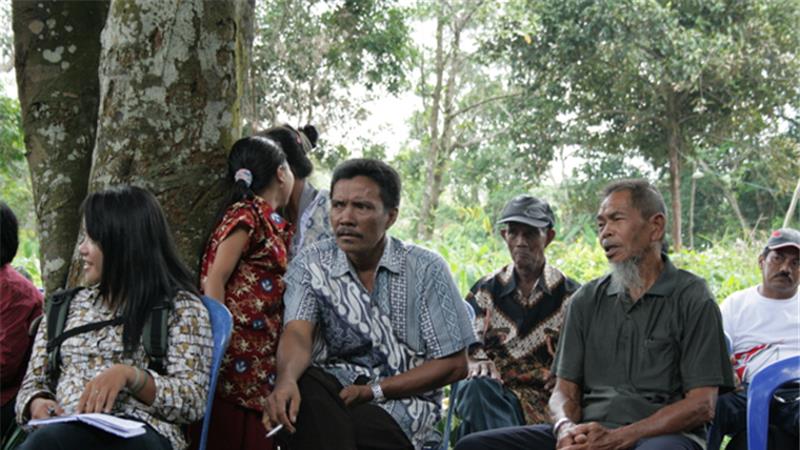


 The report, titled
The report, titled 
